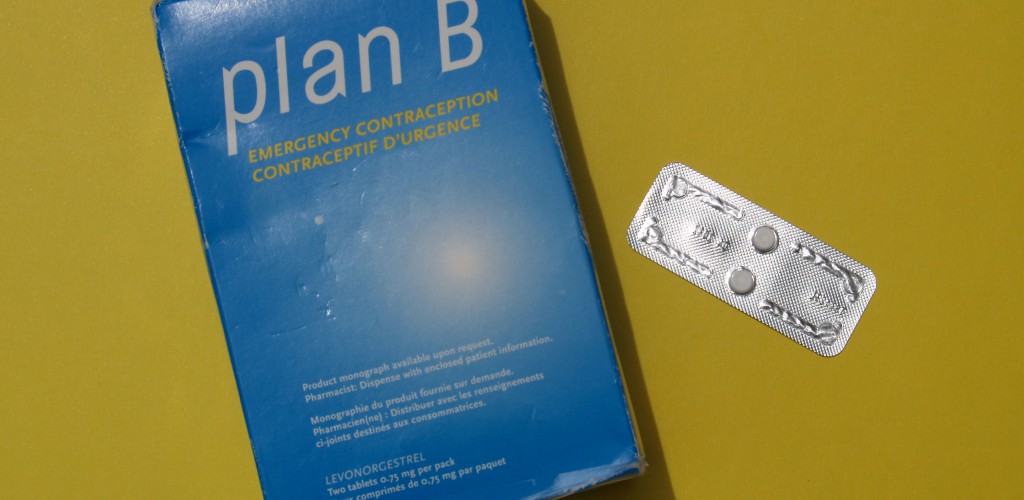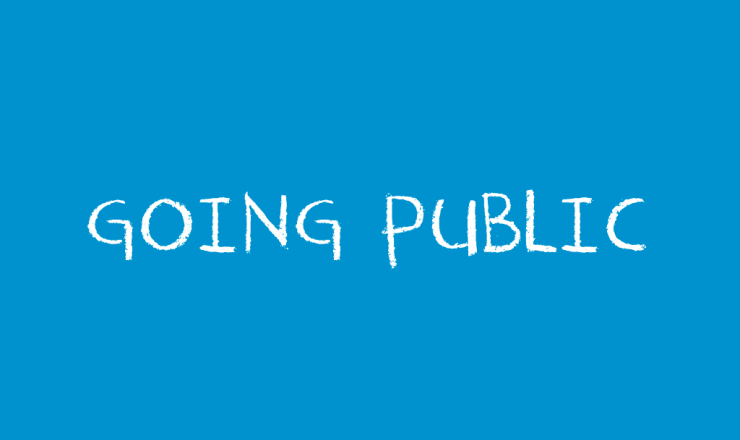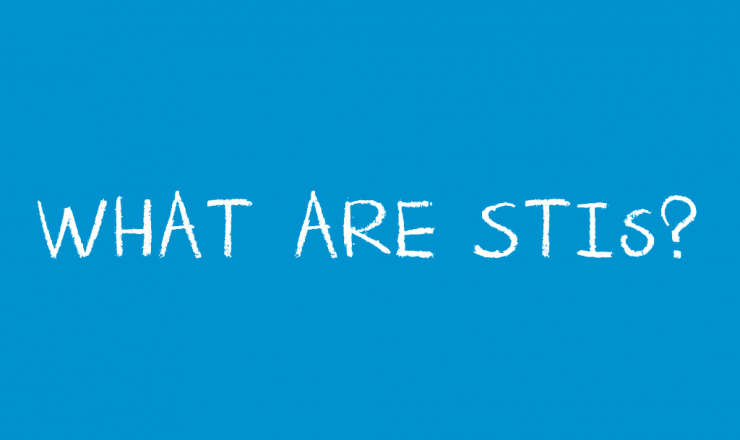Emergency Contraceptive Pills
What are emergency contraceptive pills?
- Emergency contraceptive pills (sometimes called “ECP” or the “morning after pill”) are pills that contain hormones that you can use up to 5 days after you have unprotected vaginal* sex.
- There are 2 kinds of ECP: one kind contains only one hormone (progestin). The most common brand of this kind of ECP is called Plan B, but generic forms are also available. The other brand available in Canada is called NorLevo but it is not widely available in clinics or pharmacies in Ontario.
- The other kind of ECP contains 2 hormones (progestin and estrogen). It is an 8-pill ECP based on the MinOvral brand of birth control pills and it is less common than Plan B.
- A copper IUD can also be used as emergency contraception if it is inserted up to 7 days after unprotected vaginal sex. See the Copper IUD info page for more information [Link].
How do ECPs prevent pregnancy?
- In order to get pregnant, sperm must enter your vagina, swim up into your uterus and fertilize an egg that has been released from your ovaries during ovulation. ECPs primarily work by preventing you from ovulating.
- If you are already pregnant, taking an ECP will not end the pregnancy. ECPs are not abortion pills.
How effective are ECPs?
- The sooner you take an ECP, the more effective it is.
- If taken within 24 hours of unprotected vaginal sex, Plan B is 95% effective at preventing pregnancy. (By comparison, the 8-pill ECP is 77% effective at preventing pregnancy.) While the effectiveness decreases after the first 24 hours, an ECP can still be effective at preventing pregnancy up to 5 days after unprotected vaginal sex.
How do you use ECPs?
- Plan B: this ECP has 1 pill. You take it right away. Plan B is less likely to cause side effects than other ECPs and is more effective. It is also more expensive, though more affordable generic options are available.
- 8-pill ECP: this ECP has 8 pills. You take 4 pills right away and take the remaining 4 pills 12 hours later. You may get an upset stomach or throw up. You can take one tablet of Gravol (an anti-nausea drug) 30 minutes before you take the second set of pills to minimize nausea. You can also take the second set of pills with food or a glass of milk to reduce nausea.
- ECPs can be taken up to 5 days after unprotected vaginal sex, but are more effective the sooner you take them.
- ECPs do not protect you from pregnancy for any unprotected vaginal sex that happens after you take them.
- If you regularly use a non-hormonal form of birth control such as spermicides, condoms or diaphragms, you may want to purchase Plan B in advance to have at home in case you need it. Remember to check the expiry date before using Plan B.
When do you use ECPs?
- You can use them if you make a mistake using your usual form of birth control. For example, if you miss a pill, forget to put on a new patch or insert a new ring or you forget to insert your diaphragm.
- You can use them if the condom broke, slipped off or leaked.
- You can use them if you had vaginal sex and didn’t use any form of birth control or condom.
Where can I get ECPs?
- Plan B is available over-the-counter, which means you do not need a prescription from a clinician to buy it at a pharmacy. Plan B usually costs approximately $30-40 at a pharmacy.
- To get the 8-pill ECP, a prescription from a clinician is required. The 8-pill ECP costs approximately $25 at a pharmacy.
- You can go to a sexual health clinic to get ECPs. They usually don’t require an appointment (although you may need to speak briefly with a clinician) and they sell ECPs at a cheaper rate. Some ECPs, like generic forms of Plan B, are covered by OHIP+.
- PPT’s Health Services sells Plan B for approximately $13, its generic form Contingency One for $9, and the 8-pill ECP for approximately $3.
What are the side effects of ECPs?
- Plan B is much less likely than the 8-pill ECP to cause side effects.
- You may experience side effects such as nausea, vomiting, fatigue, cramping, headaches, breast* tenderness or dizziness.
- If you throw up within an hour of taking any ECPs, call a pharmacy to determine if you need to take another set of pills.
- You may spot (a little bit of bleeding that is lighter than your period) after taking an ECP. ECPs can make your period come earlier or later than usual. If you have not had a period within 3 weeks of taking an ECP or your period is different than usual, call your clinician. You may need a pregnancy test.
Advantages of ECPs
- While no ECP is 100% effective, your chances of getting pregnant after using ECPs are very low.
- ECPs are easy to use.
- Most people can use ECPs safely.
- ECPs do NOT affect your ability to get pregnant in the future.
- Your partner(s) doesn’t have to be involved.
- For Plan B, you do not need a prescription from a clinician (the 8-pill ECP requires a prescription from your clinician).
Disadvantages of ECPs
- They are not as effective as other birth control methods.
- You may experience side effects.
- You are not protected from sexually transmitted infections (STIs).
- In the rare case that a pregnancy does occur, there is a slightly increased risk of that pregnancy being ectopic (a pregnancy that occurs outside the uterus, in the fallopian tubes).
- A recent study shows Plan B may be less effective for people who weigh more than 65kg/165lbs.
Remember
- ECPs are for emergency use only. They are not recommended for regular use because they are less effective than other birth control methods.
- The sooner you take an ECP, the more effective it is. You can drop-in to any sexual health clinic to get Plan B without an appointment or buy it directly from a pharmacy without a prescription.
For a downloadable resource on this topic, please visit Planned Parenthood Toronto Factsheet Database.
If you have questions about this topic, feel free to contact one of our peer educators. [Link]
*We know that these aren’t the words everyone uses for their bodies (eg. trans folks), and support you using the language that feels best for you.
Last Edited: May 2020






